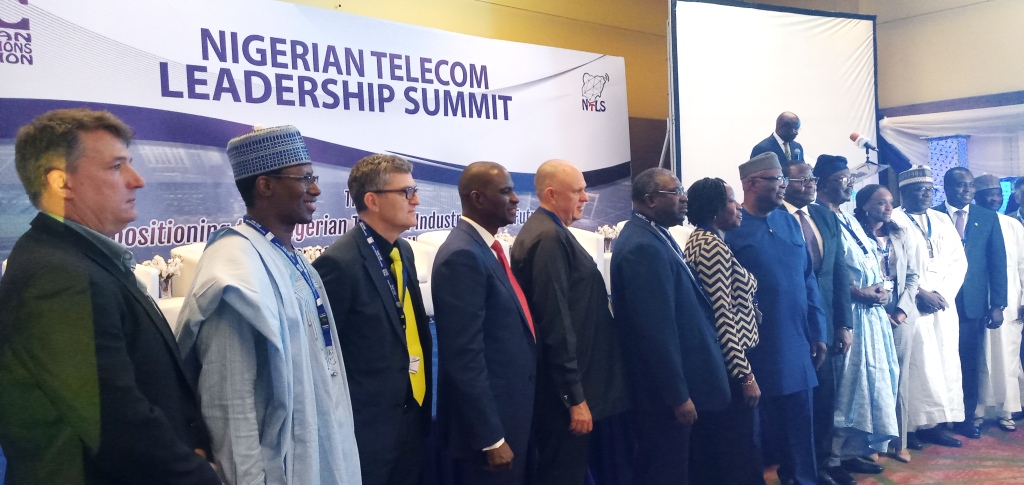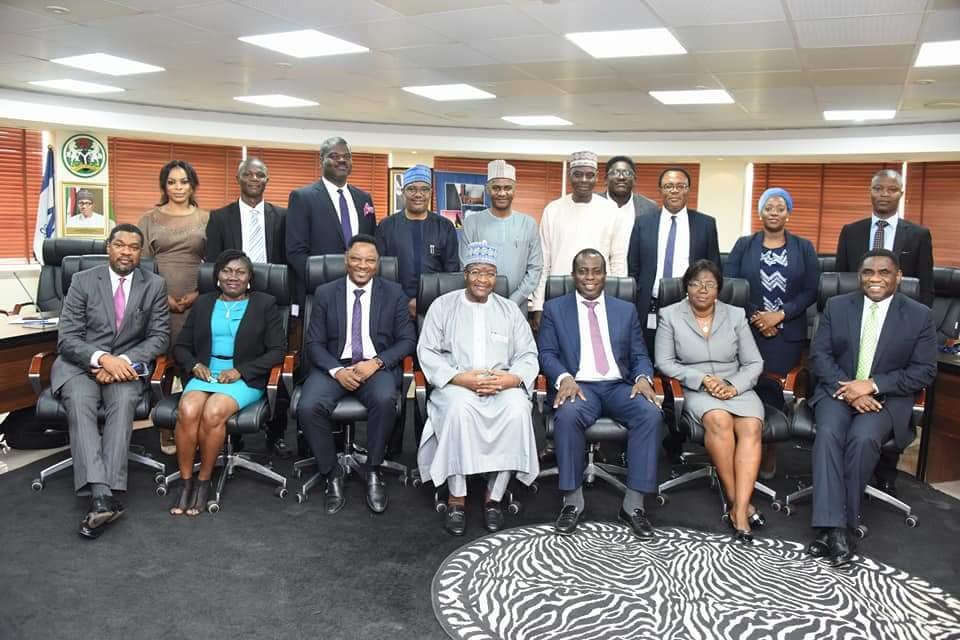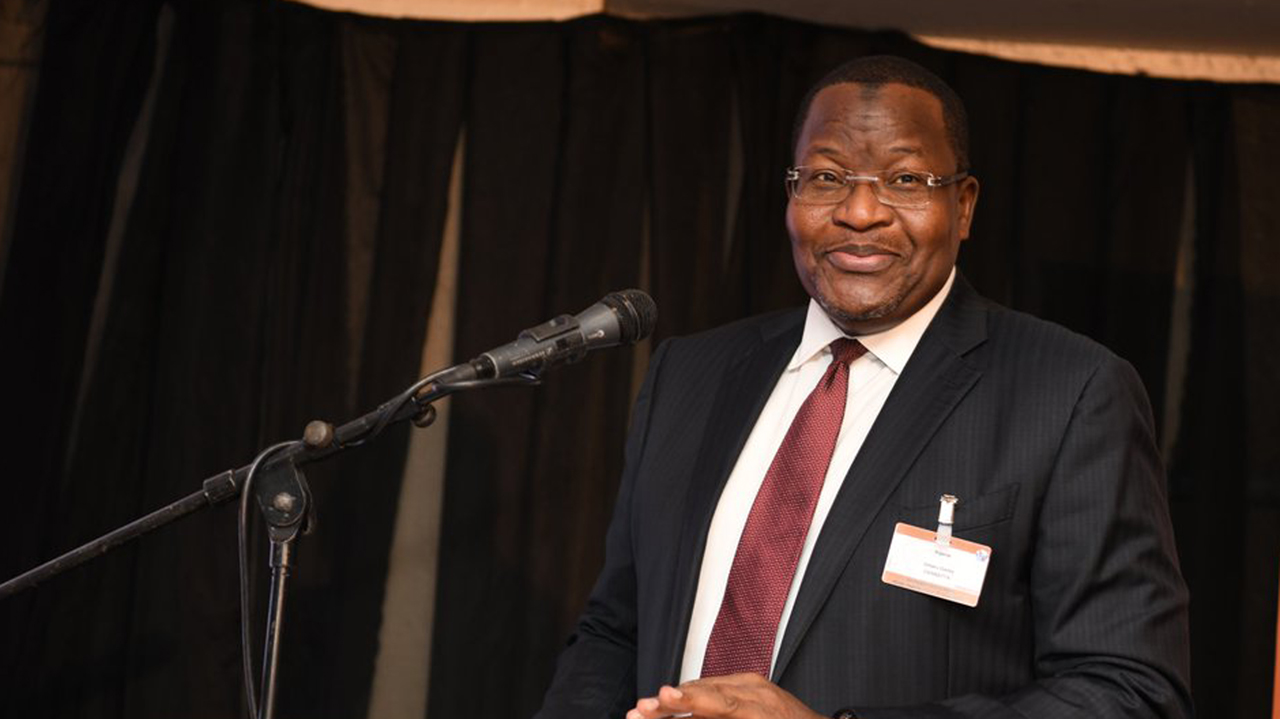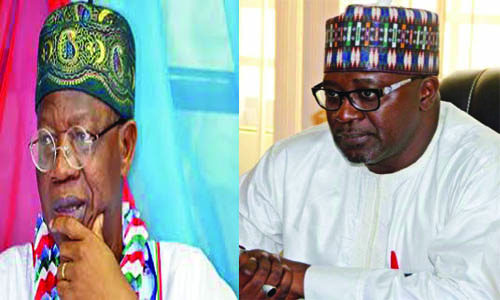More feats achieved by leading African telecoms regulator, the Nigeria Communications Commission (NCC) in 2019 have continued to shape activities and performance in the industry as businesses begin to peak in 2020.
Early in 2019, the Commission unveiled regulation on e-waste and guidelines on distaste recovery at a stakeholder engagement forum held in his office in Abuja. On the e-waste regulations, the Commission sees e-waste as electrical or electronic equipment that is waste, including all components, sub-assembles and consumables that are part of the equipment at the time the equipment becomes waste. Apart from their solid and non-biodegradable nature, some of the toxic elements found in e-waste include lead, mercury, lithium and other ozone-depleting substances.
“A recent report by World Economic Forum (WEF) indicates that electronic waste (e-waste) is now the fastest-growing waste stream in the world. It is estimated that this waste stream spiked by about 48.5 million tonnes in 2018. In Africa, the challenge is even direr. In a fast-paced telecoms industry where speed and capacity define the networks, rapid advances in technology make it easier and convenient to change malfunctioning gadgets than to repair them. Also, illegal and predatory e-waste value chain, which encourages the movement of e-waste from developed to the developing countries, adds another layer to the global challenge of handling e-waste,” Head of the Commission, Prof Umar Danbatta stated during a stakeholder forum held in Abuja in 2019 to on the e-waste regulation.
 Notably, the global concern for the regulation of e-waste is two-pronged. The first is the acute awareness of the hazardous properties and the potential risk on human health, as well as their capacity to degrade the environment. The second is the business case and vast potential for wealth creation in recycling e-waste into more benign and productive uses. In Nigeria, due to low Gross Domestic Product (GDP) per capita/low income and the desperate quest for information, it is estimated that 75 per cent of electronic devices and equipment imported into the country are irreparable and toxic junk. In line with its regulatory mandate and to keep pace with efforts at managing e-waste-related issues, therefore, the Commission developed the draft regulations on e-waste.
Notably, the global concern for the regulation of e-waste is two-pronged. The first is the acute awareness of the hazardous properties and the potential risk on human health, as well as their capacity to degrade the environment. The second is the business case and vast potential for wealth creation in recycling e-waste into more benign and productive uses. In Nigeria, due to low Gross Domestic Product (GDP) per capita/low income and the desperate quest for information, it is estimated that 75 per cent of electronic devices and equipment imported into the country are irreparable and toxic junk. In line with its regulatory mandate and to keep pace with efforts at managing e-waste-related issues, therefore, the Commission developed the draft regulations on e-waste.
The draft regulations represent a holistic regulatory intervention aimed at providing clarity and delimiting the responsibilities of various stakeholders in the e-waste value-chain within the telecommunications industry. While the draft regulation is industry-specific, it, nonetheless, keys into other initiatives at national and international levels.
In a similar token, the NCC has raised the bar of compliance to standards by the mobile network operators in line with ITU recommendations and standards. For instance, through its Technical Standards and Network Integrity Department and the continuous enforcement activities of the Compliance Monitoring and Enforcement Department, the Commission has, in the last four years, ensured improved standardisation in the nation’s telecoms industry.
To date, the NCC, in its regulatory activities, placed great premium on setting standards that are in line with the globally-approved ITU standards as well as ensuring compliance with the standards set by the telecoms equipment vendors/manufacturers, the user licensees and the end users who use terminal devices to receive telecommunications services. The Commission has also put in place a sound equipment type-approval process that guarantees that ICT/telecoms equipment brought into the country for service provisioning are in line with international standards and do not constitute any health hazards to the individual service users and the environment at large.

The Commission has, therefore, stepped up collaboration that will further ensure that substandard/counterfeit devices that can easily result in increased e-waste in the country are curtailed, through increasing its collaboration on telecom equipment standardization. In February, 2019, the NCC, in collaboration with the Office of the National Security Adviser (ONSA) and other government agencies, set up two committees to combat the cases of fake and substandard mobile devices that manufacturers bring into the country without recourse to the Commission standardisation process.
The two joint committees set up are the Project Steering Committee (PSC), comprising the Infrastructure Concession Regulatory Commission (ICRC), the Federal Ministry of Communications and the NCC; and the Project Delivery Team (PDT) which draws representation from the Federal Ministry of Communications, the ICRC, the Federal Ministry of Finance and the NCC.
The committees, with specific terms of references, are to work together to ensure the implementation of Mobile Devices Management Systems (DMS), a Public-Private Partnership project, aimed at combating the proliferation of fake, counterfeit, substandard and cloned mobile communications devices in the telecommunication industry. The move is in line with the mandate of the Commission, as enshrined in the Nigerian Communications Act (NCA), 2003, to type-approve all devices used in the telecommunications industry and to ensure that all devices used in the telecommunications industry are in line with agreed standards and specifications.

Strengthening Corporate Governance Code with Disaster Recovery Regulations
The NCC has also developed a Disaster Recovery Guidelines specifically to strengthen corporate governance in the telecommunications industry. Basically, a disaster is a serious disruption of the function of a community, society or a business. Disasters often involve widespread human, material or environmental impact, which exceed the ability of the entity to cope with using its immediate resources. The Disaster Recovery Guidelines of the NCC, therefore, ties into the Commission’s wider risk management initiatives introduced by the NCC industry Code of Corporate Governance launched by the Commission in 2014, which are aimed at protecting telecoms companies from the threat of emergencies in their operations. It covers subjects such as disaster profiling, disaster preparedness, disaster relief and disaster recovery.









